![]()
![]() If you live anywhere on planet Earth, then you've probably seen, heard or read about NBA phenomenon Jeremy Lin. The 23-year old point guard for the New York Knicks has taken the world by storm by scoring the most points in his first five games since the ABA-NBA merger in 1977 Ė we're talking more than Jordan, Shaq, Kobe, or Lebron. He even has his own one-word, ESPN Sportscenter nickname: "Linsanity".
If you live anywhere on planet Earth, then you've probably seen, heard or read about NBA phenomenon Jeremy Lin. The 23-year old point guard for the New York Knicks has taken the world by storm by scoring the most points in his first five games since the ABA-NBA merger in 1977 Ė we're talking more than Jordan, Shaq, Kobe, or Lebron. He even has his own one-word, ESPN Sportscenter nickname: "Linsanity".
In addition to his amazing athleticism, the story around the Linsanity craze has been about race. Lin is a Taiwanese American and Asians around the globe have embraced him and rallied around him like no other Asian athlete in recent memory. Race is a big factor because of the historic dearth of Asian American players in the league. When Lin signed his first NBA contract, he was the first Asian American player in the NBA since 1947. There is no precedent for an Asian American doing what he's doing now and that makes his success even more intriguing.
![]()
Jeremy Lin's racial rarity is not unique to the NBA or the sports world. It's also a major issue within the larger pop culture of the United States.
Watch TV one night and count how many Asian males are even featured (we'll limit this to the U.S. for the sake of the argument). Unless you're watching an episode of 'Hawaii Five-O', you could go hours before seeing anyone from the Asian race, let alone an Asian guy. How many movies have an Asian as a lead actor?
The Asian male is the most under represented demographic group in any form of entertainment. Shows have been created to feature gays and lesbians, black men and black women, heavy people, skinny people, nerds and geeks, but there isn't a single show that is based on an Asian guy.
According to the 2010 U.S. Census, the Asian population was the fastest growing population during the last ten years increasing by 43.3%. Yet, a 2005 study commissioned by the National Asian Pacific American Legal Consortium showed that Asians play only 3% of characters on prime time television and 1% of opening credit characters. That's Asians in general, not even looking at just men.
What's even worse is when non-Asians are cast as an Asian character. Does everyone remember the controversy around the movie 'The Last Airbender'? The characters were heavily influenced by the Asian and Native-American cultures yet many of the roles were played by white actors. A story just came out about a new movie being made around the comic book, 'The Weapon' in which the main character is named Tommy Zhou, a Chinese American. The actor to play the character is David Henrie. Does that name sound Chinese to you? It shouldn't, because he's white and also the actor who played Selena Gomez's brother on 'Wizards of Waverly Place'.
![]()
Why aren't Asian men featured on TV and movies or even music? Why doesn't Hollywood trust Asians enough to let them lead a project?
Asian men just aren't seen as the knight-in-shining armor, romantic types. They are seen as the funny friend, quirky medical examiner and maybe corrupt gangster but rarely the main guy. The stereotypes of Asians aren't a mystery to anyone and there are specific stereotypes of Asian men as well. Asians typically are thought of as studious and nerds; more likely to play the violin than join the drama club or football team. These stereotypes proliferated in the entertainment industries with such characters as Long Duk Dong from the movie "Sixteen Candles" and portrayals like this just reminded America of just how different Asians were and gave this sense that all Asians were fresh-off-the-boat and out of touch with American society. It also doesn't help that Asians in general stick out. The epicanthic eye fold, black hair, and darker skin make Asians tough to blend in when on TV.
![]()
Much of that is changing with more and more Asians playing American characters and not Asian American characters, but for men, there still aren't enough roles to go around.
The biggest Kpop star to date, Rain, had the leading role in "Ninja Assassin" and was the hero of that film. His portrayal of Rizo showed that young, Asian men could kick butt just like anyone else. Still, in order for him to have this opportunity, he had to play the Japanese ninja, martial arts role. Granted, his English wasn't the best so that forced his hand but, take away the language, do you think he would have had the same chance to play a major action hero on TV or in a movie?
Nevertheless, Rain's performance also showed America that Ryan Reynolds ain't the only one with a 6-pack. Just ask Megan Fox. Rain didn't change the world but it was a huge step because there haven't been many Hollywood movies made specifically for an Asian actor.
There's also this whole crop of young guys in Kpop right now who don't look anything like the Asian guy stereotype. 2PM members Nickhun and Taecyeon, for instance, have spent time in the States, speak fluent English, and definitely look the part. Do you think, and let's assume everyone can act at the same level, that America would be ready to see 2PM play a romantic lead in a movie or lead a sitcom? Maybe not, but at least showing that Asian guys aren't all geeks and math students (and there's nothing wrong with that) is a good thing and just one more step in the right direction.
![]()
Megan Fox's love of Rain shows that Asian guys can be thought of as hunks but by and large, Asian guys just aren't viewed as the stud, sex symbol (thanks Ken Jeong for showing your you-know-what in "The Hangover" and giving all Asian guys a bad rap).
That's changing though.
Have you seen the videos of Super Junior, TVXQ, and SHINee at their concerts and at the airports in New York and France? Take a look at the crowd of screaming girls screaming on YouTube. Those aren't just Korean girls out there; there's a whole lot of every other kind of girl as well. Today's Kpop boy bands are viewed just as *NSYNC and the Backstreet Boys once were. There is no distinction that the guys are Asian or not. As far as fans are concerned, these guys are hot and that's all that really matters. Slowly but surely, Asian teen idols are being accepted as much for their talent as for their sex appeal.
However, that cannot be overstated as it's much easier for women of different races to be accepted; female sex appeal is universal. It's much harder for men to be accepted as attractive. Why do you think the big three Korean entertainment companies are sending over their girl groups? It's just easier.
Maybe the perception of Asian men is changing but that in and of itself doesn't fix the larger issue. How do we get more Asian men on TV, in the movies and making records?
More and more Asian American actors have to take risks and keep pushing to show that they too can have that universal appeal and can lead a project just as well as another actor. America really needs a homegrown, Asian star to breakthrough and break down a lot of the barriers. Will Smith for example has done a remarkable job of taking race out of his movies. When he plays characters on "Men in Black" or "I Am Legend", he's not a black man playing those parts, he's just a man.
Executives in the TV, movie and music industries need to be agents of social change and push for more inclusion and open doors for actors and musicians. As more and more Asians enter the entertainment industries in the front offices or behind the camera, they need to do their part by pushing for Asians in roles, to help Asian musicians get air play. It's not easy and no one ever said it would be but social equality has to be a priority in entertainment like it is in professional sports.
At the end of the day, entertainment is a business and everyone will do what brings in the most money which is why the people with the most power are us. As fans and consumers, we have do our part by supporting Asian entertainers and show Hollywood and the music world that we are ready and the rest of the world is ready to see Asian men take larger and broader roles in today's entertainment world. Support Asian actors and let your voices be heard through what you watch and what you buy. Your voice is much louder than you can possibly imagine, so use it.
There's light at the end of the tunnel but it's a shame that we're still in the tunnel.

 SHARE
SHARE
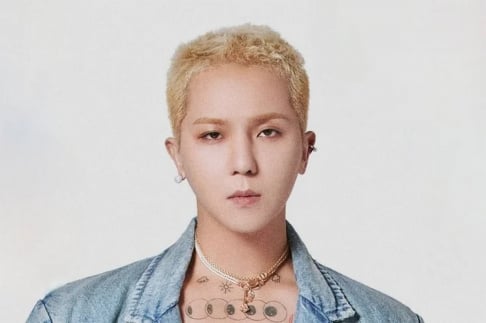

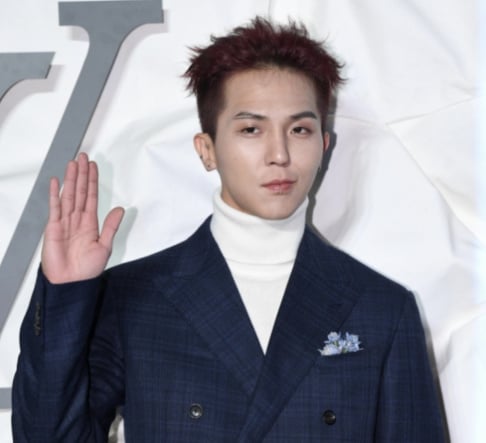
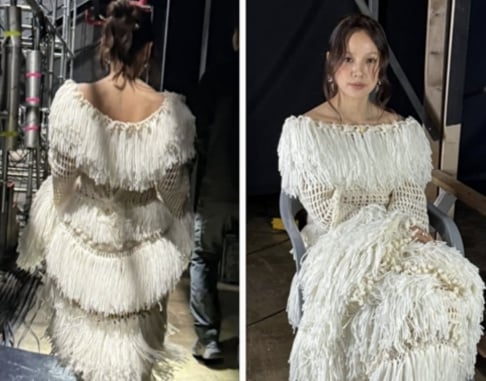
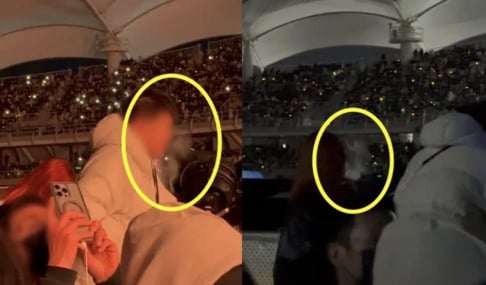
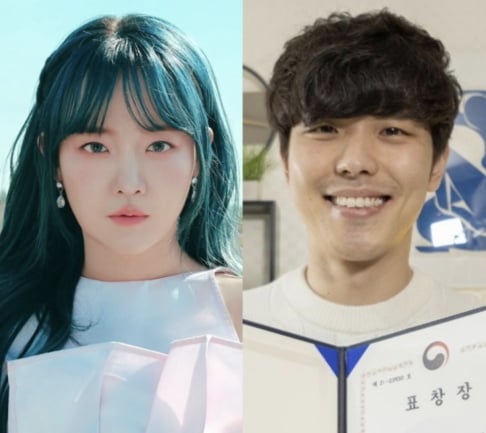
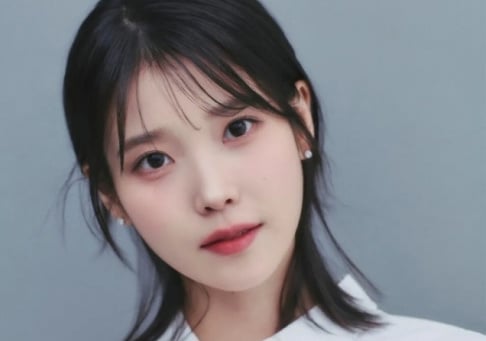
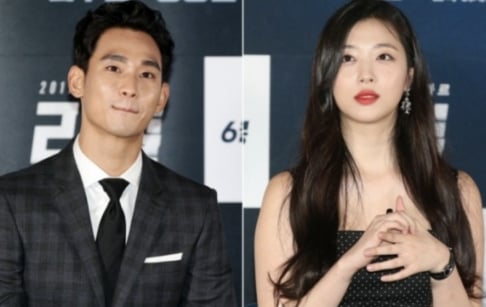
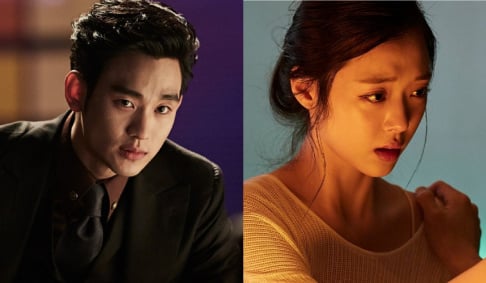
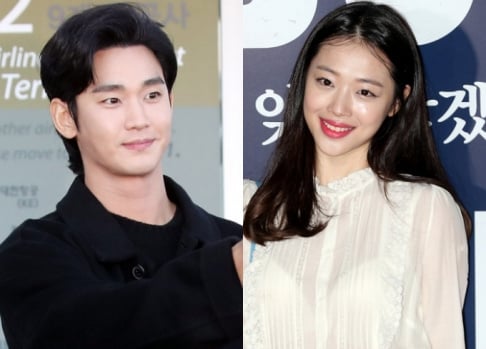
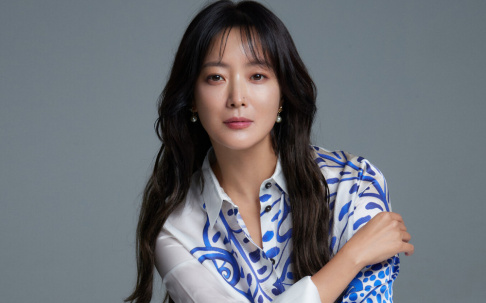
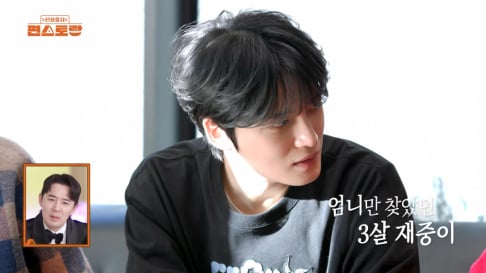

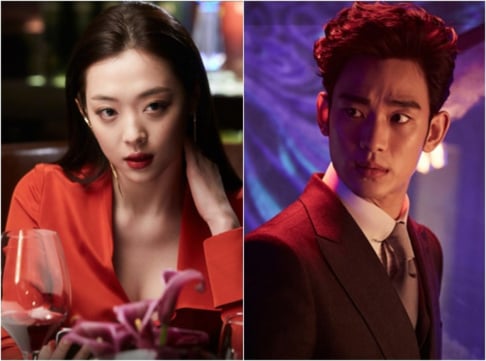
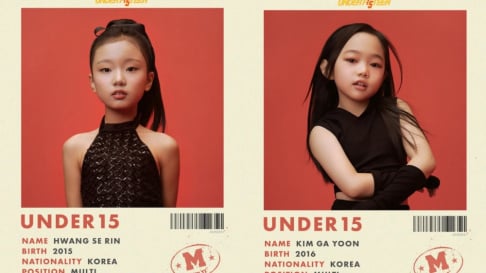
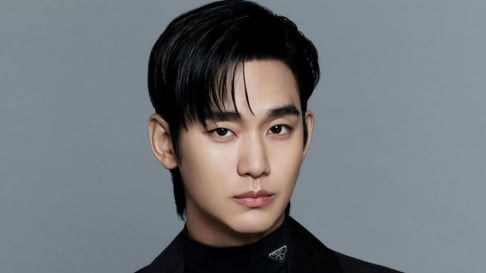
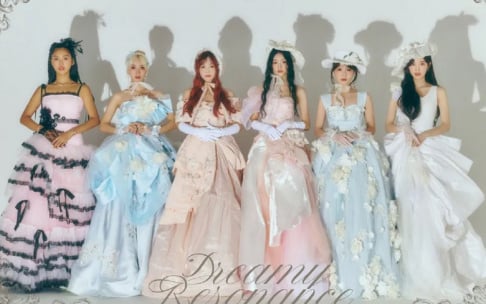
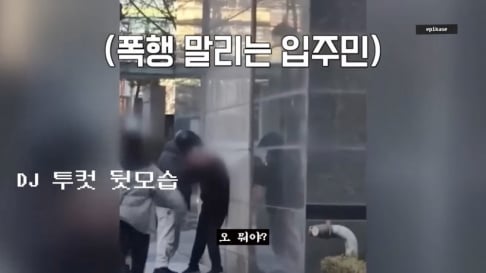
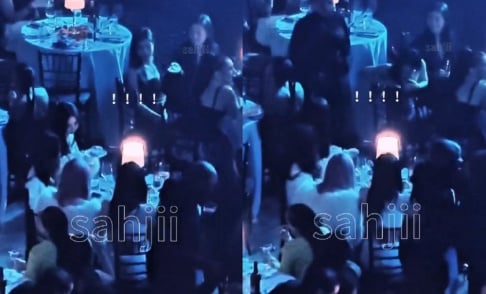
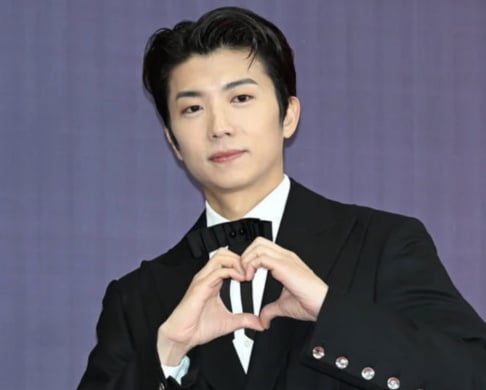
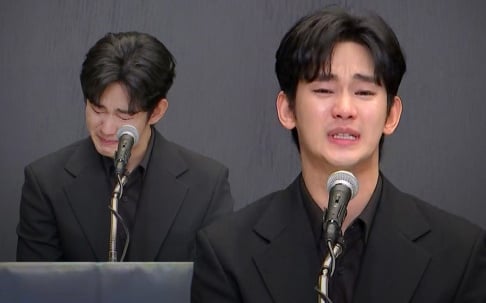
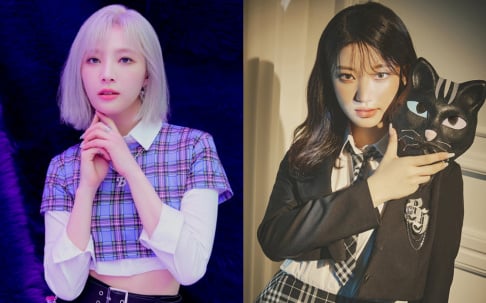
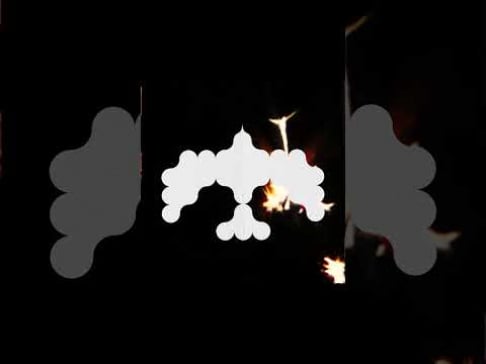
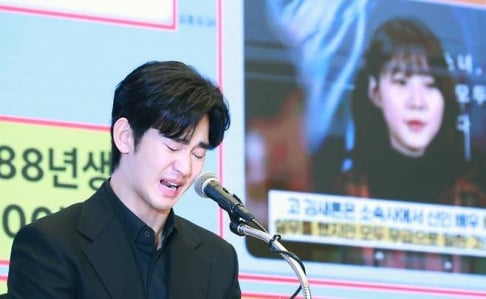
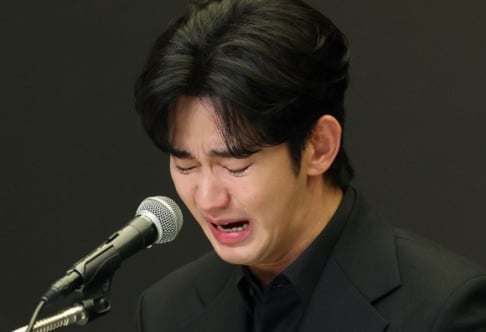
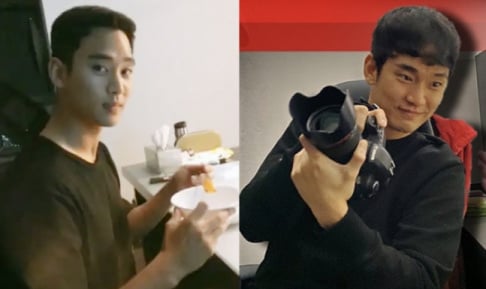
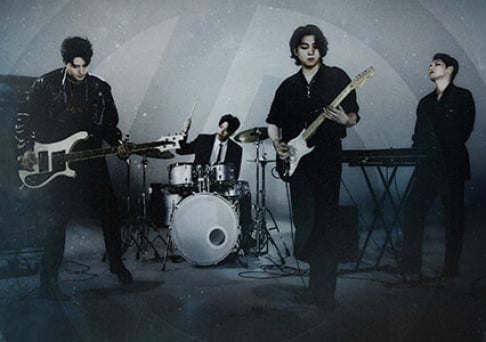
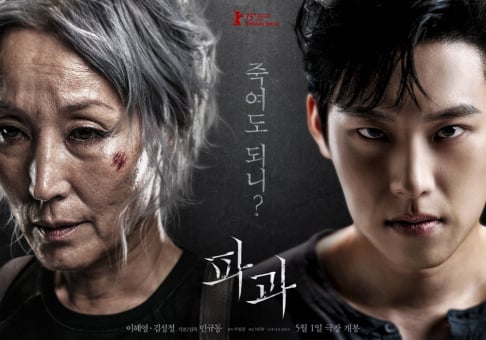
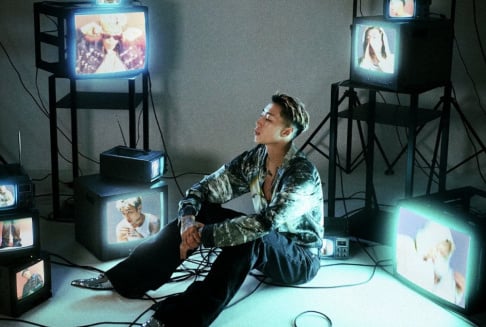
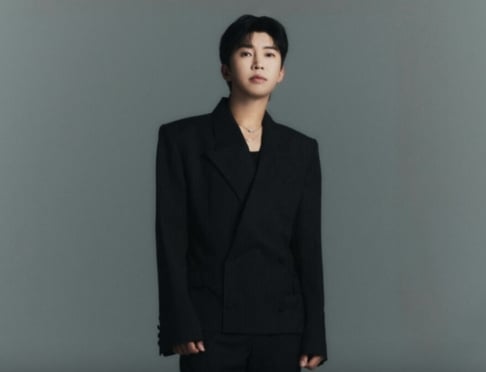
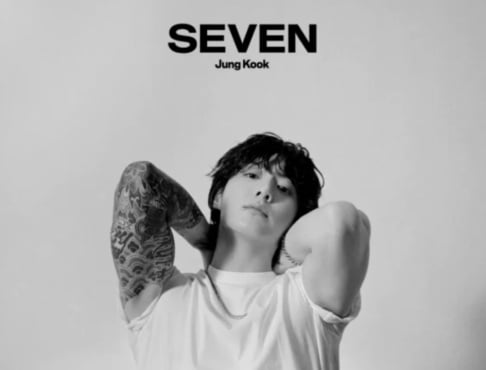






Log in to comment